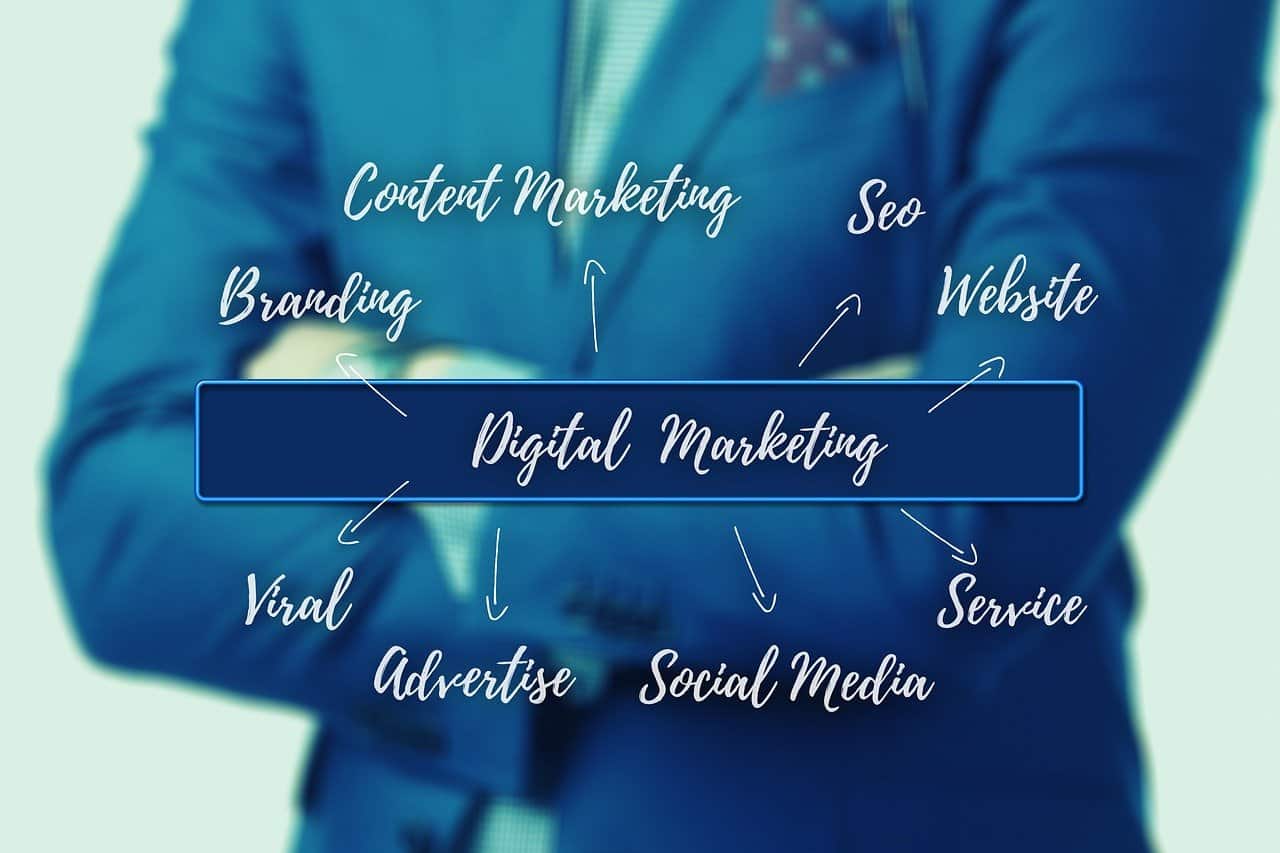-By: Bhavisha Changrani
In an era where consumers are more informed and connected than ever, ethical marketing has emerged as a crucial factor in shaping brand image. Brands are no longer judged solely on their products or services; they are increasingly evaluated based on their values, practices, and the impact they have on society. This article explores the significance of ethical marketing and how it influences brand perception in today’s marketplace.

Understanding Ethical Marketing
Ethical marketing encompasses a range of practices that prioritize honesty, fairness, and social responsibility. It involves transparent communication, sustainable practices, and a commitment to positively impacting communities. Ethical marketing is not just a buzzword; it reflects a genuine commitment to principles that resonate with today’s consumers.
Fostering Consumer Trust
One of the primary benefits of ethical marketing is the trust it fosters between brands and consumers. In a world saturated with advertising, consumers are increasingly skeptical of marketing messages. They seek authenticity and transparency. Brands that embrace ethical marketing demonstrate a commitment to integrity, which can significantly enhance consumer trust.
When consumers believe that a brand is truthful and socially responsible, they are more likely to become loyal customers. Research shows that a significant percentage of consumers prefer to purchase from brands that align with their values, reinforcing the idea that ethical marketing is essential for building lasting relationships.

Standing Out in a Competitive Landscape
As competition grows across various industries, ethical marketing can serve as a powerful differentiator. Many brands are beginning to recognize that ethical practices can set them apart in a crowded market. For instance, companies that focus on sustainability, fair labor practices, and community engagement can attract customers who prioritize these values.
Brands like TOMS and The Body Shop have successfully woven ethical principles into their identity, making them attractive to socially conscious consumers. By highlighting their commitment to ethical practices, these brands create a unique selling proposition that resonates with their target audience.
Risk Management and Brand Protection
In addition to enhancing brand image, ethical marketing serves as a vital tool for risk management. Brands that engage in unethical practices can quickly face backlash from consumers and the media. Scandals related to misleading advertising or irresponsible business practices can damage a brand’s reputation irreparably.
Conversely, companies that prioritize ethical marketing can reduce the risk of such controversies. By establishing a solid ethical foundation, brands can better navigate potential challenges and maintain consumer trust, ultimately protecting their image and market position.
The Influence of Social Media
Social media has transformed the way consumers interact with brands, amplifying the importance of ethical marketing. Platforms like Twitter, Instagram, and Facebook give consumers a voice, enabling them to share their experiences and opinions. Positive ethical practices can lead to praise, while unethical behavior can result in swift and widespread criticism.
Brands that actively engage with their audience on social media, showcasing their ethical initiatives, can enhance their reputation and foster a loyal community. Transparency in communication helps reinforce trust, as consumers appreciate brands that are open about their practices and values.

Conclusion
The role of ethical marketing in shaping brand image is increasingly significant in today’s consumer-driven marketplace. By prioritizing integrity, transparency, and social responsibility, brands can foster trust, differentiate themselves from competitors, and mitigate risks associated with unethical practices.
As consumers continue to demand more from the brands they support, embracing ethical marketing is not just a choice; it is a necessity for sustainable growth. Brands that align their marketing strategies with ethical principles will not only enhance their image but also contribute to a more responsible and equitable marketplace. In this way, ethical marketing becomes not just a strategy but a commitment to creating a positive impact in the world.










